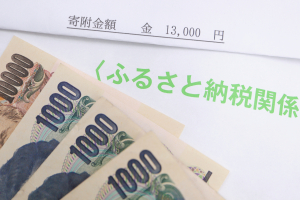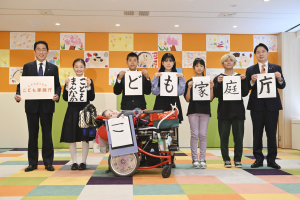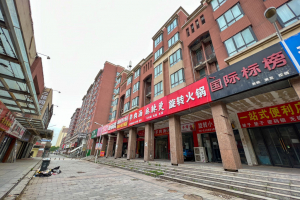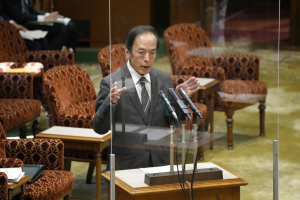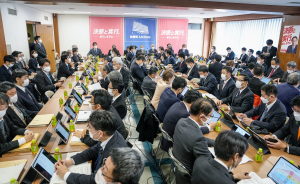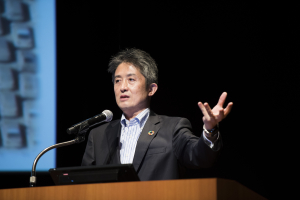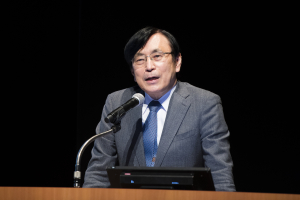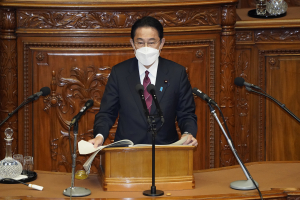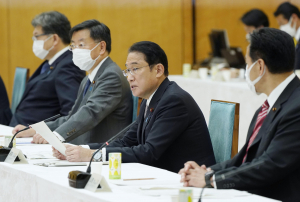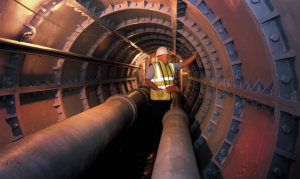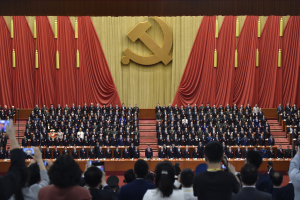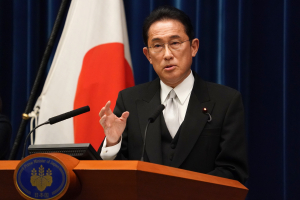Future Vision for Sustainable Water Management
The stable supply of safe water in Japan has historically relied on a comprehensive system known as Water Minfra (Infrastructure of all, by all, and for all), encompassing water supply and sewage systems, agricultural water facilities, flood control structures, natural and artificial ecosystems, as well as the involvement of various stakeholders. However, sustainable maintenance and management is becoming increasingly difficult due to population decline, land use change, lack of financial and personnel resources, and more frequent disasters.
Both urban and rural areas require urgent reconstruction of region-specific Water Minfra, ensuring sustainable upkeep and readiness for sudden emergencies. Outstanding specialists in Water Minfra who know the intricacies of the system are essential to this effort.
Insufficient risk management at the local level leads to roughly 20,000 water supply accidents annually, exacerbating crises during disasters like the Noto Peninsula Earthquake. Consequently, there is a growing demand for leaders capable of guiding not just local governments but also communities in effective water management.
Across Japan, numerous instances exist where such adept leaders spearhead community-driven initiatives, be it maintaining water supply networks or implementing eco-friendly infrastructure projects. In this research, we aim to articulate how such Water Minfra talent is nurtured, how organizations are structured around them, and how expertise is disseminated, offering strategies for systematically fostering exceptional talent in Water Minfra management.
Principal Investigator
-
沖大幹
-
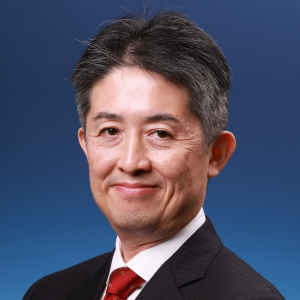
- RESEARCH DIRECTOR
- Taikan Oki
- Taikan Oki
-
Co-Investigators
-
橋本淳司
-

- RESEARCH DIRECTOR
- Junji Hashimoto
- Junji Hashimoto
-
-
中村晋一郎
-

- SENIOR FELLOW
- Shinichiro Nakamura
- Shinichiro Nakamura
-
-
笹川みちる
-

- SENIOR FELLOW
- Michiru Sasagawa
- Michiru Sasagawa
-



![[Policy Research] Water Minfra: A New Strategy for Water-Centric Social Infrastructure](/files_thumbnail/research_2023_Oki_PG_Mizuminhura_png_w300px_h180px.png)


